The Ethereum grants ecosystem, unsurprisingly begins with the Ethereum foundation. In April of 2015, the EF launched ÐΞVgrants. DEVgrants offered funding strictly to existing projects which contribute to both the "Ethereum platform", and projects based on Ethereum. The nature of this grants scheme was pretty standard and not particularly innovative. It was quite simply a grants scheme where grantees made a submission outlining their plans and estimated costs which was reviewed by a board of EF team members and funding was released either upon achieving milestones or partially upfront and partially upon completion. So the TL;DR is that it's nothing too exciting yet. Just simple incentives to get people building with pretty standard terms and conditions which you'd also find for grants outside of the web 3 ecosystem.
Not a lot happened through the next year, but a couple of important things happened in 2016 which lay the foundation for the future of the grants ecosystem. First, in the latter half of 2016, Giveth was founded by Griff Green, Jordi Baylina, and a few other members of the White Hat Group. They would soon after launch Giveth, an on-chain donation and crowdfunding service in 2017 which saw a modest amount of use. At the same time throughout late 2016 and 2017, ICOs started raising obscene amounts of ETH. So much ETH that one of the largest funders of public goods to this day, the Golem Foundation raised 820,000 ETH. That's a whopping 0.66% of all ETH in existence today! However, at $10/ETH in November 2016, it was only $8.7M which is paltry by today's standards or even 2017 standards. But we'll get back to Giveth and Golem later...
By the time 2018 rolled around, the bull market full of false promises evolved into a brutal bear and for many people that means it's a build market. In March, the EF did another big round of grants funding. This time, with 13 projects receiving a combined total of $2.5M. This was still a shadow of the money available today, but a nice boost for many projects. However, the big news this year was a research paper written by Vitalik, Zoë Hitzig and E. Glen Weyl in September of 2018. "Liberal Radicalism: A Flexible Design For Philanthropic Matching Funds", or as we know it today, quadratic funding or quadratic matching.
Quadratic funding proposes that when funds are to be allocated, individuals within a community can vote for the project by contributing funding to the projects and causes they prefer. Then each vote is weighted using a quadratic function to find a balance between large donors having more influence and smaller donors having their voice heard. That way, more funds will go to Project A which received 100 x $1 donations than Project B which received one single $100 donation. This is more effective because Project A clearly benefits more people, whereas Project B simply benefits one person a lot. This prevents wealthy individuals from having an outsized influence on the distribution of public goods funding and leads to a more democratic outcome while still incentivising large donors to contribute to public goods to have more influence over the funding distribution.
Quadratic funding transitioned from research to reality in 2019 with the launch of Gitcoin. Gitcoin has been running quarterly rounds since then which involve a large pool of matching funds and a large number of projects for the community to donate to. Gitcoin then uses quadratic matching to allocate the main pool funds to the projects depending on the nature of how many people donated how much to each project. The matching funds originally were primarily EF funded but over time this scope has grown to large ecosystem players like Polygon, Chainlink and even outsider organisations for non-crypto project rounds like UNICEF. Since 2019, Gitcoin has funded over 6,000 different projects and allocated over $63M in funding. Nowadays, Gitcoin is a pillar of public goods funding in Ethereum and after tweaking and experimenting, they have learned some lessons about public goods funding and have taken those lessons into account for creating Allo Protocol. Allo Protocol is an open-source, decentralised, modular protocol to enable efficient and transparent allocation of pooled capital on-chain, thus allowing other communities to institute their own quadratic funding more easily.
Stepping back a bit after our quadratic tangent, after the launch of Gitcoin, the next key points in the development of the grants and funding ecosystem came in the 2020 and 2021 bull run. This is when the funding ecosystem started to properly bloom, but it would take a few years for that to fully play out and we're still working on some novel solutions to the problems which arose from this period today. With the influx of new projects, lots of VC funding and particularly L2 ecosystems and apps which are all in an arms race to build out the biggest ecosystem first, there was an explosion of more simple milestone based grants for funding, this time primarily for ecosystem specific grants. The result is that builders are spoiled for choice for places to build and get funding. On the other hand, it can also be a bit overwhelming. Here to help you with where you can get funding is Ecosystem.vision and KarmaGAP, both of whom have a large database of nearly all of the ongoing grants and funding opportunities in the wider web 3 space. But more on KarmaGAP later as we have two more noteworthy innovations from 2021 to cover.
Also born out of the 2021 bull run is Optimism's retroactive public goods funding (RPGF). Unlike a lot of ecosystems and L2s which offered grants for project building in their respective ecosystems, Optimism opted for another strategy. Rather than funding speculative projects which might make an impact, they instead look towards retroactive funding of impactful projects as voted on by Optimism governance. They make the case that it is more effective and efficient to fund successful projects after the fact, letting prospective builders know that if they build something useful without the expectation of profits, they will be rewarded. The history of their funding rounds could warrant a post of its own, but essentially they have slowly optimised heh their mechanisms. Most recently opting for more focused, themed rounds to constantly change who the recipients are and to minimise the same people with the best networks and brand recognition from being repeatedly rewarded and sometimes over-rewarded. Finally, while I was talking face to face with Karl Floersch from Optimism at Devcon 7, in true Karl fashion, he excitedly and confidently expressed his excitement for their next big development in the RPGF space which he thinks will be an a real game changer for public goods funding. While I received no hints as to the nature of this next evolution, given Optimism (formerly Plasma Group)'s history, I am expecting good things to come from this. So watch this space.
Finally, we return to Giveth. After many years of facilitating a modest amount of crowdfunding and donations, Giveth launched the $GIV token with an airdrop to previous donors, contributors, and collaborators. With it comes the V2 version of Giveth known as the GIVeconomy which uses tokenomic incentives to encourage donations. The TL;DR is that donors get kickbacks referred to as GIVbacks in the form of the GIV token. The token is then used in governance for the protocol and also in deciding how to spend the project's significant (in terms of total GIV supply) treasury of GIV tokens. Unfortunately, the inflationary tokenomics have lead to a pretty catastrophic price chart, but many projects have been helped from Giveth funding and while not as prolific or impactful as Gitcoin, they've been a leader in terms of experimentation and there's still a core community there. In 2024, they raised a respectable $1.55M for projects. Looking forwards, they're also looking to build out integrate a new feature involving augmented bonding curves which is probably out of the scope of this post but should help with the sustainability of funding projects receive.
Finally, we get to the ongoing work being done by KarmaGAP (the GAP means Grants Accountability Protocol). KarmaGAP is trying to solve two key problems:
How do you ensure that grant money is spent effectively and that the people you give money to actually use it to do what they say they will?
The current web 3 grant ecosystem is incredibly fractured and developers don't have time to maintain profiles and fill in forms across dozens of websites and grants platforms in the name of maybe receiving funding.
KarmaGAP aims to be the industry standard in grants and funding accountability. By having projects post updates there, the idea is that they will no longer need to post updates to half a dozen different websites, each of which want different formats when checking in on project progress and how grant money has been spent. This allows donors to easily check the reputation of projects/grantees to allow them to get more funding and it allows projects/grantees to save time applying for and reporting back to grantors.
Now that we're all up to date, who are the main players you should know about when funding your project?
Gitcoin - Claim your share of large matching pools powered by quadratic funding every quarter.
Octant - Funded by 100,000 staked ETH raised by the aforementioned Golem ICO, Octant runs regular quadratic funding rounds much like Gitcoin. GLM token holders who lock their tokens in Octant can influence project selection and earn ETH rewards. Users can then choose to keep their rewards or donate them to eligible public goods projects, with donations amplified through a matching pool.
Optimism Retroactive Public Goods Funding - Optimism's RPGF rounds are very large and they're a key innovator in the space. While their current rounds are narrow in scope, keep an eye our for future rounds and innovations which everyday builders may qualify for.
KarmaGAP - Make your project's profile here to build up your reputation and get more success in receiving funding from all of the different players in the grants ecosystem.
Ecosystem.vision - The most comprehensive list of grants opportunities. Now featuring an AI tool to help search for relevant grants based on the nature of your project.
There's obviously heaps more and if you want to know about what specific opportunities are relevant to you, feel free to reach out to me for some advice!
Do you think I missed anything? Let me know!
To close this off, thank you for reading this and I hope this helps some of you to secure the funding you need to build out your next impactful project! I'm currently in the process of building out an Ethereum grant consulting/support service website and a monthly newsletter with ecosystem updates and reminders to help people stay up to date on what to apply for, where and when. So I hope to bring you all some more news about that in the near future.
[link] [comments]

You can get bonuses upto $100 FREE BONUS when you:
💰 Install these recommended apps:
💲 SocialGood - 100% Crypto Back on Everyday Shopping
💲 xPortal - The DeFi For The Next Billion
💲 CryptoTab Browser - Lightweight, fast, and ready to mine!
💰 Register on these recommended exchanges:
🟡 Binance🟡 Bitfinex🟡 Bitmart🟡 Bittrex🟡 Bitget
🟡 CoinEx🟡 Crypto.com🟡 Gate.io🟡 Huobi🟡 Kucoin.

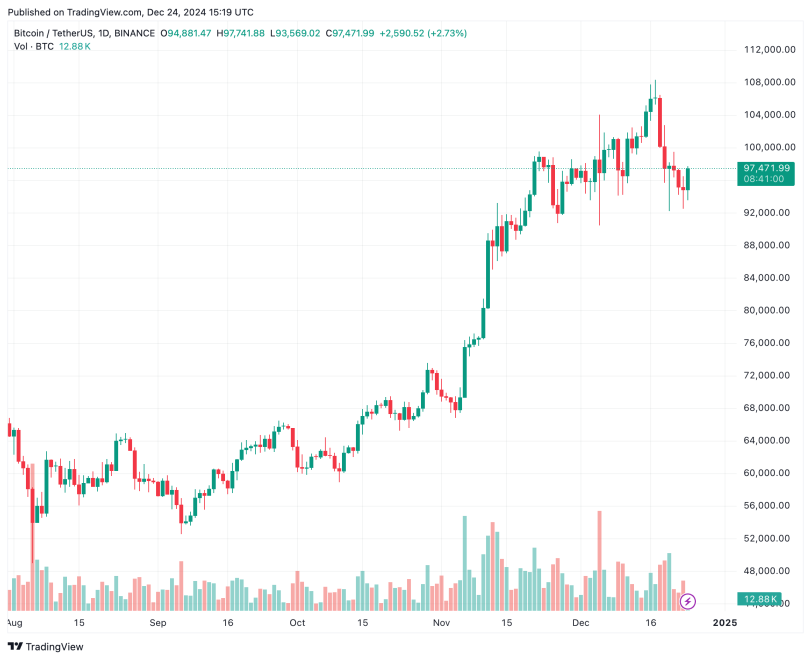
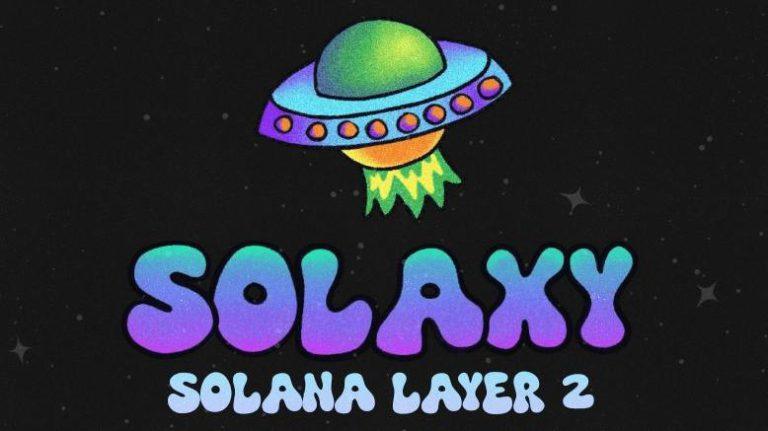
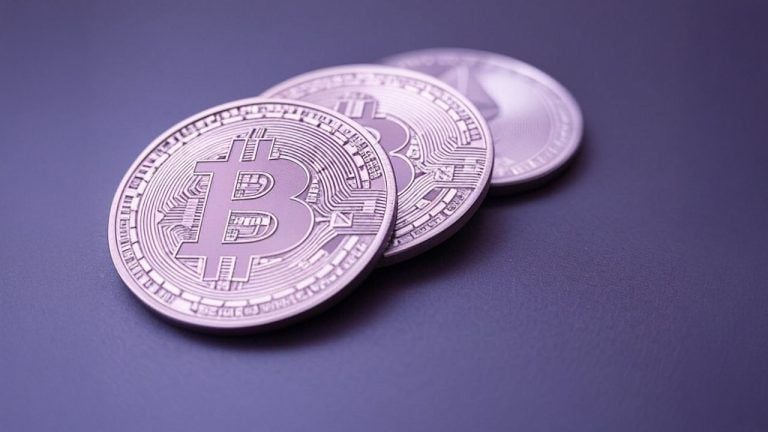


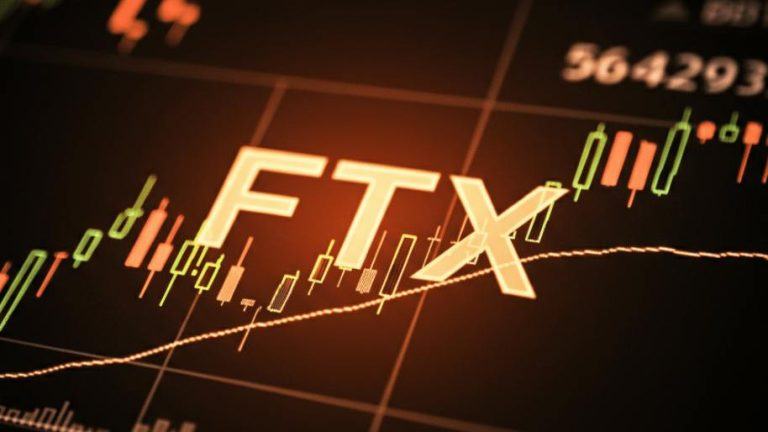



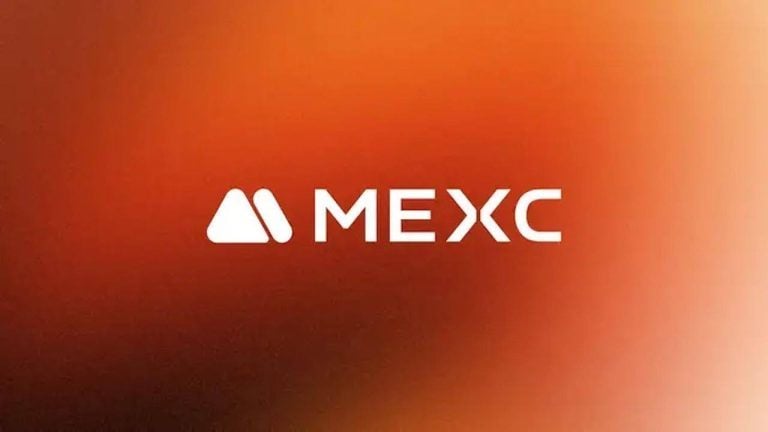
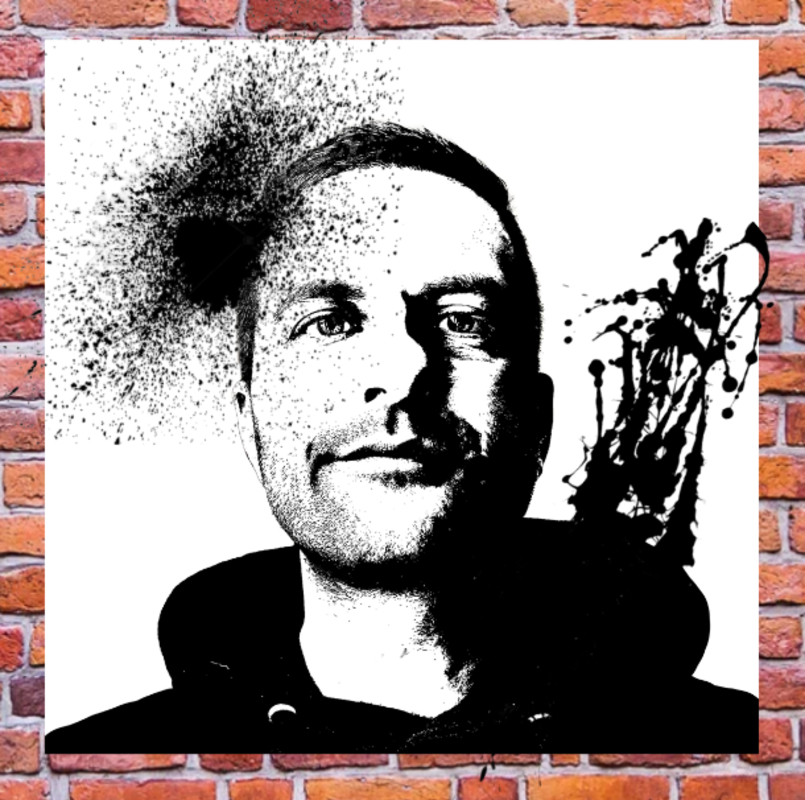
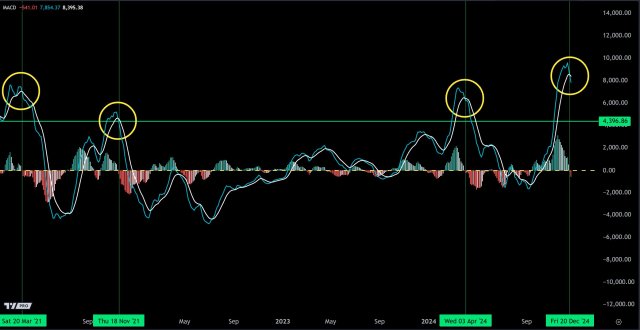
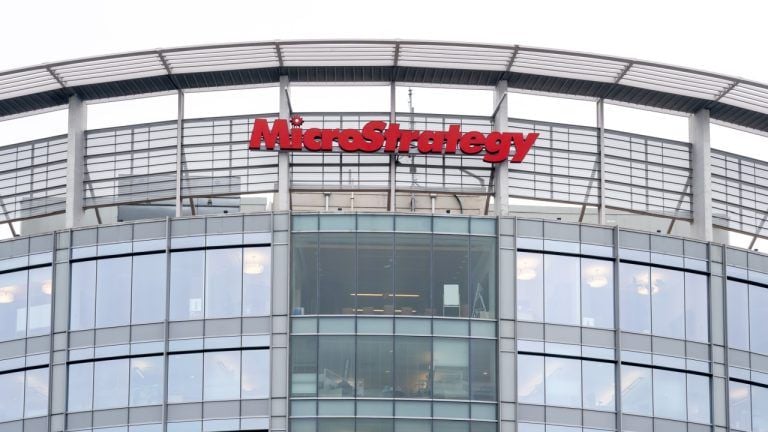



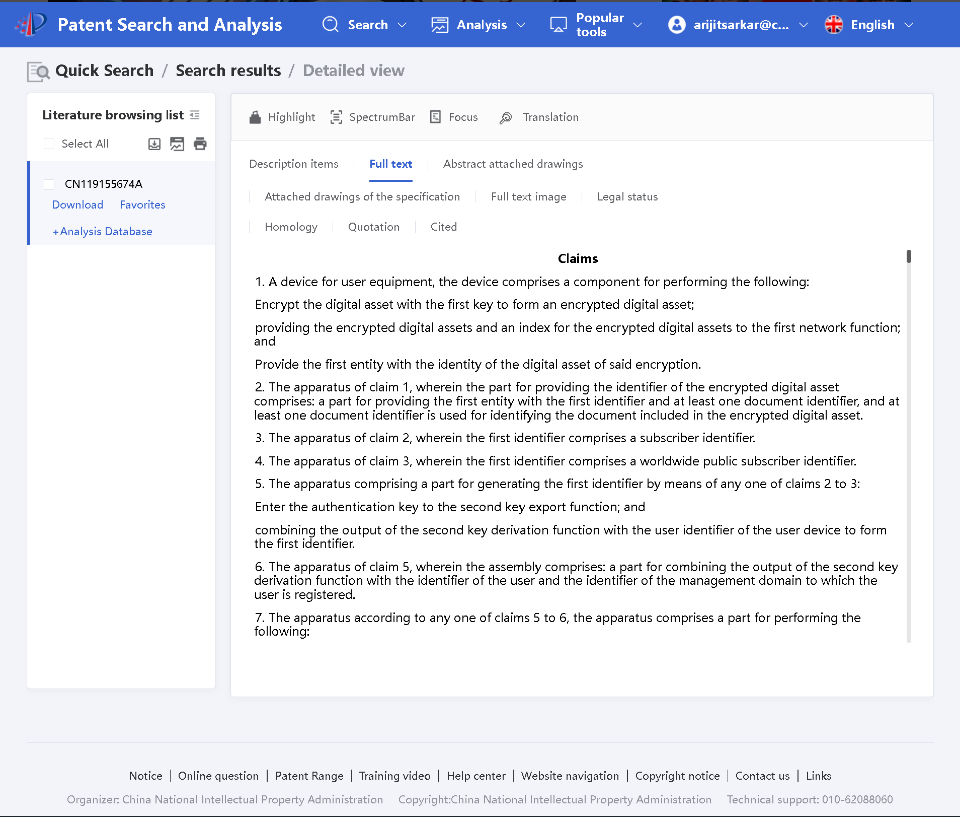
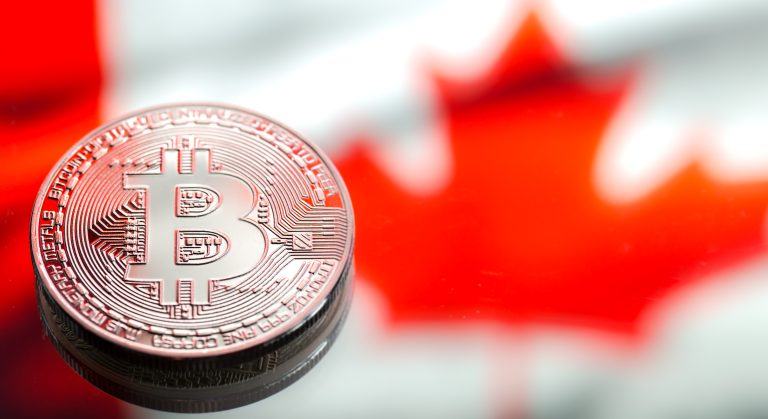
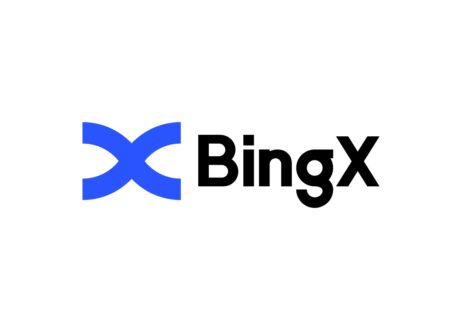
Comments